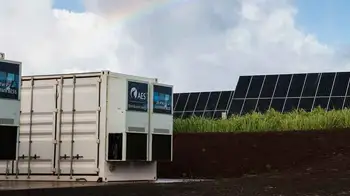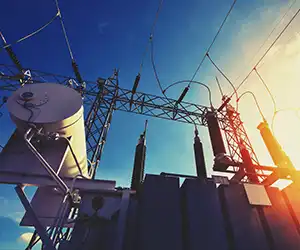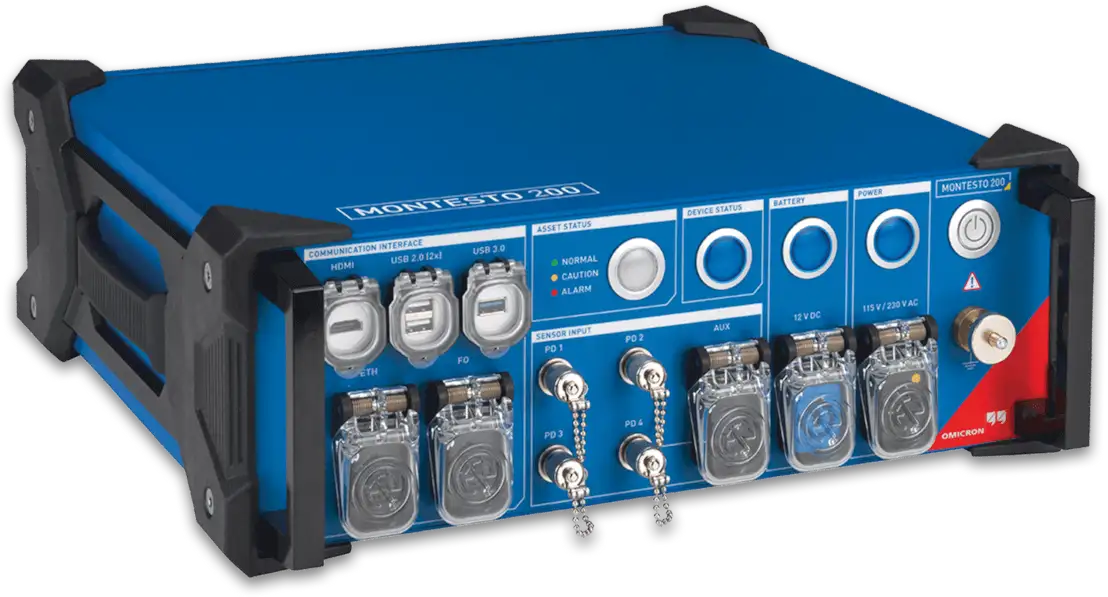Why Do We Need Energy Storage?
By R.W. Hurst, Editor
Battery Energy Storage Testing and Maintenance for Solar PV Systems
Our customized live online or in‑person group training can be delivered to your staff at your location.

- Live Online
- 12 hours Instructor-led
- Group Training Available
Download Our NFPA 70E Fact Sheet – 2024 Electrical Safety Edition

- Understand how NFPA 70E works with NEC and NFPA 70B standards
- Clarify the shared responsibility between employers and employees
- Learn how NFPA 70E supports OSHA compliance
Why do we need energy storage? To ensure grid stability, enable renewables integration, provide peak shaving and frequency regulation, support microgrids, deliver backup power, and improve power quality, efficiency, and resilience across modern electrical systems.
Why Do We Need Energy Storage?
Stabilizes grids, integrates renewables, boosts reliability, and reduces costs via peak shaving and backup.
✅ Balances load with peak shaving, time-shifting, and demand response.
✅ Provides frequency and voltage regulation for power quality.
✅ Increases resilience for microgrids, UPS, and critical infrastructure.
Why do we need energy storage? Energy storage is a critical technology for the transition to a clean energy future, helping to ensure a reliable and stable energy supply, reduce our dependence on fossil fuels, and improve the stability and reliability of the electrical power grid. Energy Storage also helps reduce energy costs for consumers, enabling new applications that were previously impossible. For readers new to the topic, an accessible primer on what energy storage is provides helpful context for the discussion.
There are several reasons why we need energy storage: A concise explainer of why energy storage is important summarizes these drivers clearly.
Supporting the integration of renewable energy: One of the main reasons we need energy storage is to support the integration of renewable energy sources such as wind and solar into the electrical power grid. Renewable energy sources are subject to natural fluctuations in supply, making it challenging always to meet energy demand. Energy storage systems help to address this issue by storing energy when it is abundant and releasing it when it is needed, thus ensuring a more reliable and stable energy supply. For households and utilities, practical guidance on solar energy storage illustrates how batteries smooth daily production swings.
FREE EF Electrical Training Catalog
Download our FREE Electrical Training Catalog and explore a full range of expert-led electrical training courses.

- Live online and in-person courses available
- Real-time instruction with Q&A from industry experts
- Flexible scheduling for your convenience
Visit Our Energy Storage Training Course Page
Reducing reliance on fossil fuels: Energy storage can also help to reduce our dependence on fossil fuels. By storing excess energy generated from renewable sources, we can use this energy to meet demand during peak times, reducing the need for fossil fuel-powered plants. This not only helps to reduce greenhouse gas emissions and combat climate change but also helps to reduce our dependence on finite resources and reduce energy costs. Further details on diverse energy storage fuel sources show how clean options can displace peaker plants.
Improving grid stability and reliability: Energy storage systems can help to improve the stability and reliability of the electrical power grid. By smoothing out fluctuations in electricity generation and demand, energy storage can help to reduce the likelihood of power outages and blackouts. This is particularly important as our society increasingly depends on electricity for everyday activities, from powering homes and businesses to charging electric vehicles. Deeper analysis of energy storage and the grid explains frequency regulation, ramping support, and resilience benefits.
Reducing energy costs: Energy storage can help to reduce energy costs by reducing the need for new power plants and transmission and distribution infrastructure. By storing energy and releasing it when needed, energy storage can help reduce the need for expensive peak power plants, typically only used a few hours a day. Additionally, by reducing the need for new transmission and distribution infrastructure, energy storage can help lower the overall electricity cost for consumers. For context on industry scale, current estimates of how big the energy storage market is indicate rapid growth that can drive cost reductions.
Enabling new applications: Energy storage can also help new applications that were previously not possible, such as electric vehicles and residential solar power. Electric cars can be charged with electricity generated from renewable sources and stored in batteries for later use. In contrast, residential solar energy can be stored in batteries at night or during peak demand. Emerging chemistries and systems for long-term energy storage are opening pathways for multi-day reliability beyond daily cycling.







